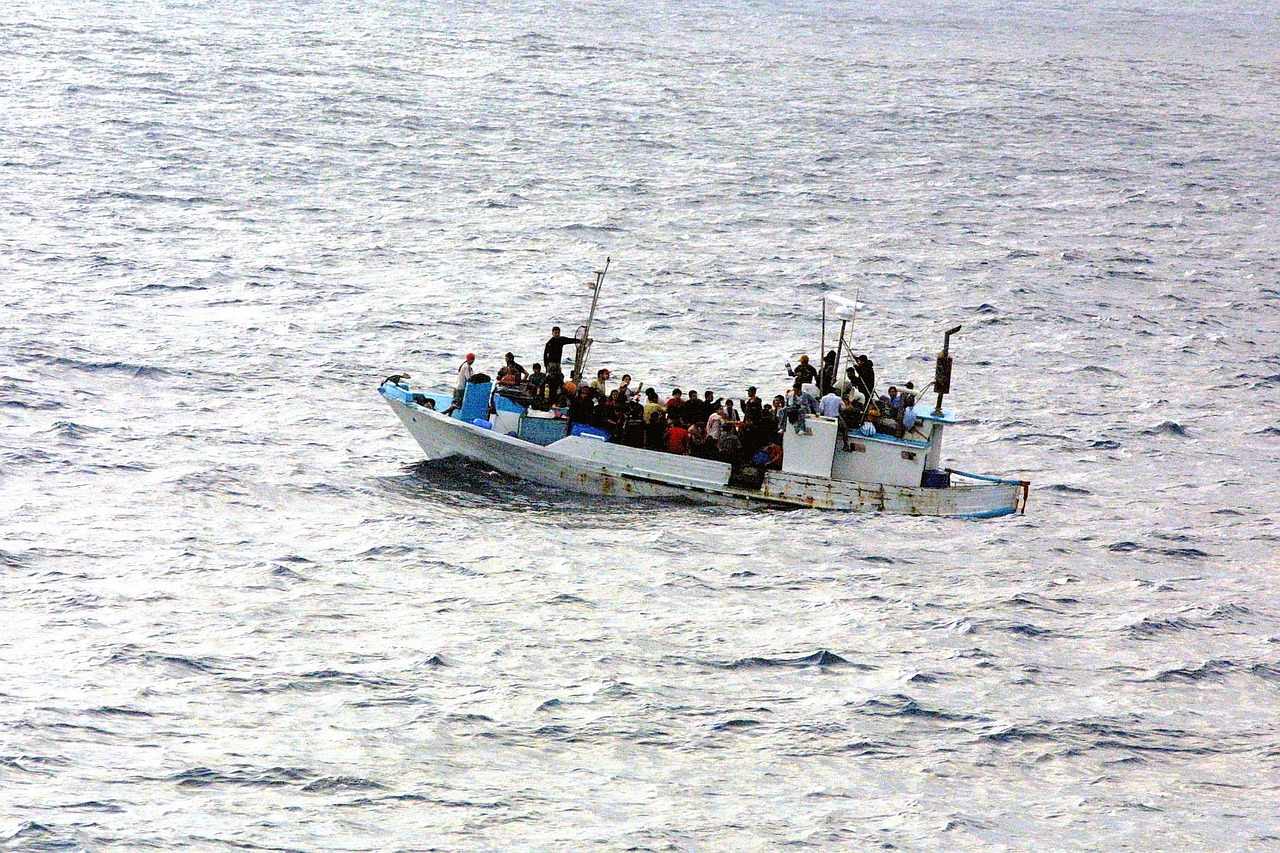As previously posted, I have the privilege of being part of the moderating team in a series of Massive Open Online Courses (MOOC) on Teacher Academy – School Education Gateway.
The series of courses is designed to equip educators around Europe with strategies and tools on teaching competency with intercultural diversity and the newly arrived migrants students:
The second course focuses on the situation of Newly Arrived Migrants, their journey and their new life as well as support strategies.
Although much has already been written about the plight of people who have been recently forced to abandon their homes in search of safety and security in other countries, there still remains a pressing need to inform, communicate and be supportive of families and communities across the regions that have been affected. Still, it remains a human story, and a story about humanity.
The most touching stories have been the ones detailing the arduous journeys that refugees have undertaken to escape the situation in their home country. I was personally most touched by the story of Hashem, recorded here: The Journey (on theguardian.com) from 9 June 2015. His story across Europe, in trains, is compelling for many reasons. It reveals many truths about the human aspect to the refugee crisis of 2015. It is a story well worth reading.
It is quite simply hard to imagine the psychological stress that these migrants have been subject to, as they braved seas, refugee camps, smugglers’ vehicles or detention areas, in search of a place to survive. We must continue to talk about their stories and highlight ways to contribute as educators to the national debate.
In preparation for the twitterchat, you may find it useful to review the following websites that document stories or publish relevant aspects of the situation of Newly Arrived Migrants:
During the twitterchat, we’d like to come together to learn from each other and with one another, especially focussing on:
- what the history and tradition of migration in your country can teach us today
- what local organisations exist that accompany newly arrived migrants
- what living conditions do newly arrived migrants have and under which legal guidelines must they live (personal stories)
In preparation for the twitterchat, please think about what answers you can give to the questions posted.
Here is the timeline for the hour:
18:30 Welcome to our Twitterchat on The Situation of Newly Arrived Migrants: Facts and Impact #DiversityMOOCs
18:31 We will be using the format Q1-Q9/A1-A9 for all questions and answers. In all your tweets please use the twitter hashtag #DiversityMOOCs
18:32 Your moderator today is Alicia Bankhofer, Teacher of English and ICT, Middle School Vienna, Austria #flipclass #elearning #DiversityMOOCs
18:32 In the beginning each should introduce him/herself. Country? Subject? Type of school, learners? #DiversityMOOCs
18:33 You will find all the questions here #DiversityMOOCs
18:34 Get ready for the 1st question for our chat today on The Situation of Newly Arrived Migrants: Facts and Impact #DiversityMOOCs
18:35 Q1 What role have migrants played in your country’s history? Any famous migrants to/from your country? #DiversityMOOCs
18:40 Q2 Can you share any personal migration stories either in your family or any ones that have inspired you? #DiversityMOOCs
18:45 Q3 What support organisations for migrants, state-sponsored or NGO, exist in your area? Tell us about their work #DiversityMOOCs
18:50 Q4 Describe the living conditions of Newly Arrived Migrants in your region. May kids go to school? May adults work? #DiversityMOOCs
19:00 Q5 In your experience/view, what problem with the situation with Newly Arrived Migrants must be solved most urgently? #DiversityMOOCs
19:05 Q6 What can teachers do to contribute to informed debate about the situation of new arrivals? #DiversityMOOCs
19:15 Q7 What examples or best practices, either private or state initiatives, have you heard about to help newly arrived persons? #DiversityMOOCs
19:20 Q8 Do the legal guidelines for Newly Arrived Migrants help their situation or make it worse? #DiversityMOOCs
19:25 Q9 Time is almost up. Any closing comments/questions on The Situation of Newly Arrived Migrants: Facts and Impact #DiversityMOOCs
19:30 Thanks for participating in our chat on The Situation of Newly Arrived Migrants: Facts and Impact #DiversityMOOCs
If you are just getting started on twitter, please have a look at my videos:
Getting started on twitter: https://youtu.be/y-3oYPNOkeA
Setting up a twitter profile: https://youtu.be/YOr9K8bM7XQ

